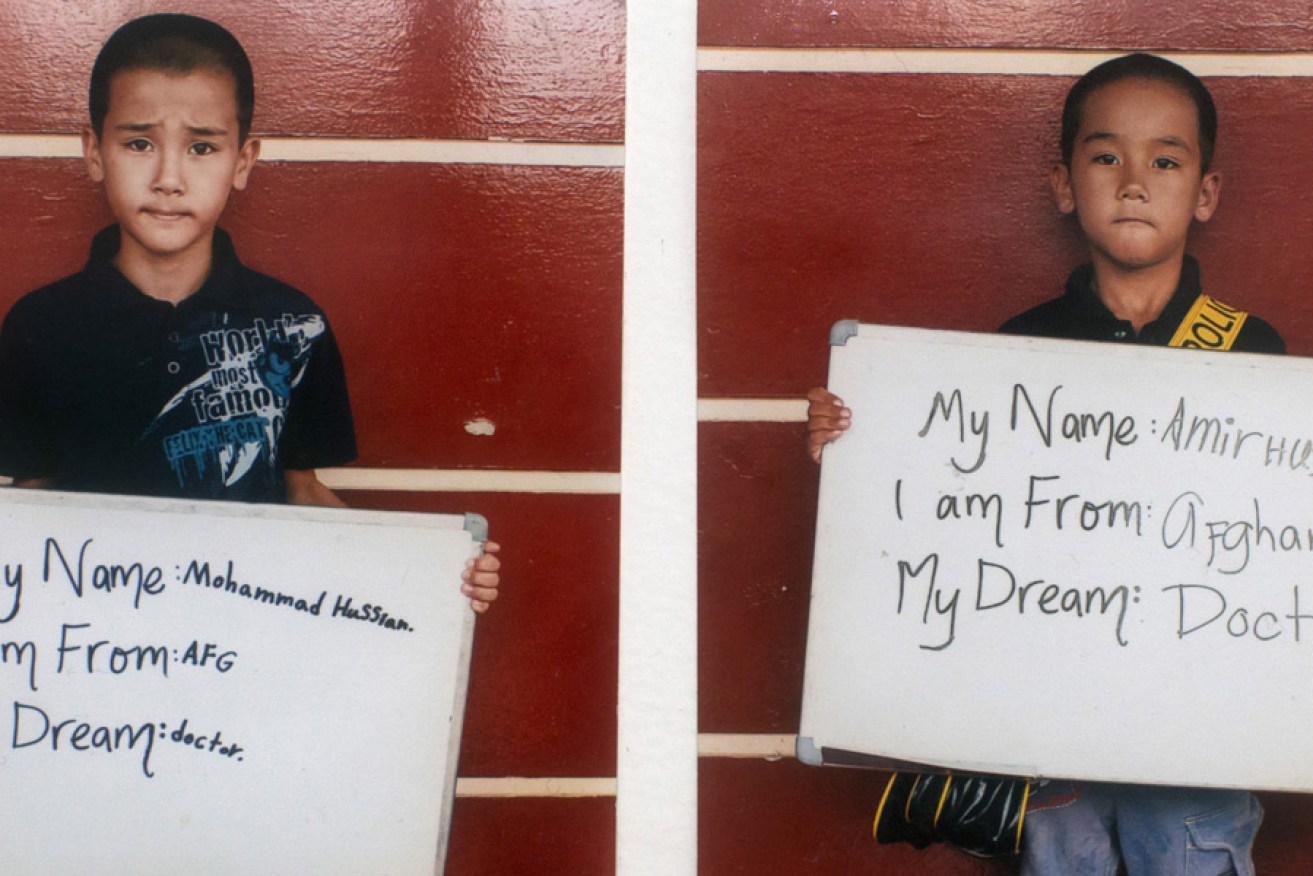Mistrust and stigma add to refugee trauma

The poster image for tonight's Hawke Centre address.
Many refugees living in South Australia are survivors of torture and trauma, according to a rehabilitation service which helps around 1200 people every year.
Stephanie Miller, CEO of the Survivors of Torture and Trauma Assistance and Rehabilitation Service (STTARS), said there needed to be more acknowledgment of the difficulties refugees face, with current political debate only adding to their suffering.
“We think it’s important for everyone to understand that there is a need for rehabilitation for refugees and asylum seekers coming to Australia because it helps them to settle more quickly and to be able to lead productive and meaningful lives,” she said.
Miller said the Adelaide-based service’s clients – who include refugees from war-torn countries such as Iran, Pakistan, Afghanistan and Sri Lanka – had experienced varying levels of torture and trauma.
“It can be the experience of being in a war zone and being surrounded by bombing and killing, to seeing their communities being destroyed, to witnessing the murder and death of family members,” she explained.
“The journey to a refugee camp can be traumatic itself.”
STTARS is heavily involved with the International Rehabilitation Council for Torture Victims, which runs an annual campaign to combat the extent of torture and trauma.
Thomas Albrecht, the United Nations High Commissioner for Refugees (UNHCR) regional representative, is speaking tonight at the Hawke Centre at UniSA about the global challenges of refugee protection, to mark the UN International Day in Support of Victims of Torture.
“The event [Rehabilitation: Co-Creating New Lives] is an opportunity for people to support the international campaign and also hear from UNHCR and their views on the current refugee crisis and what they think we can do about it,” Miller said.
She said the Federal Government’s tough border protection measures and visa regulations, and the debate surrounding these, had a harmful effect on refugees in Australia who were survivors of torture and trauma.
“It has a huge negative impact on their mental health due to the stereotypes and the stigma surrounding refugees.
“The mistrust doesn’t help when trying to rebuild their lives into something productive and fulfilling, which is what we are trying to do.”
STTARS, which is part of a national network run by the Forum of Australian Services for Survivors of Torture and Trauma (FASSTT), has been operating for nearly 25 years.
Miller said the organisation worked with both individuals and families or groups, supporting them and providing assistance and guidance.
“After building trust, we work with them around their trauma and heal the wounds caused by it.”
However, she said laws regarding refugee assistance meant it couldn’t help everyone.
“It’s becoming harder to help people in community detention and people holding bridging visas, because the rules and regulations are changing and becoming more strict.
“We currently support around 200 to 250 people with bridging visas, mainly through individual counselling and therapy, but the rules are very tight, so we can’t do much more, unfortunately.”
Details of tonight’s Hawke Centre event can be found here.




